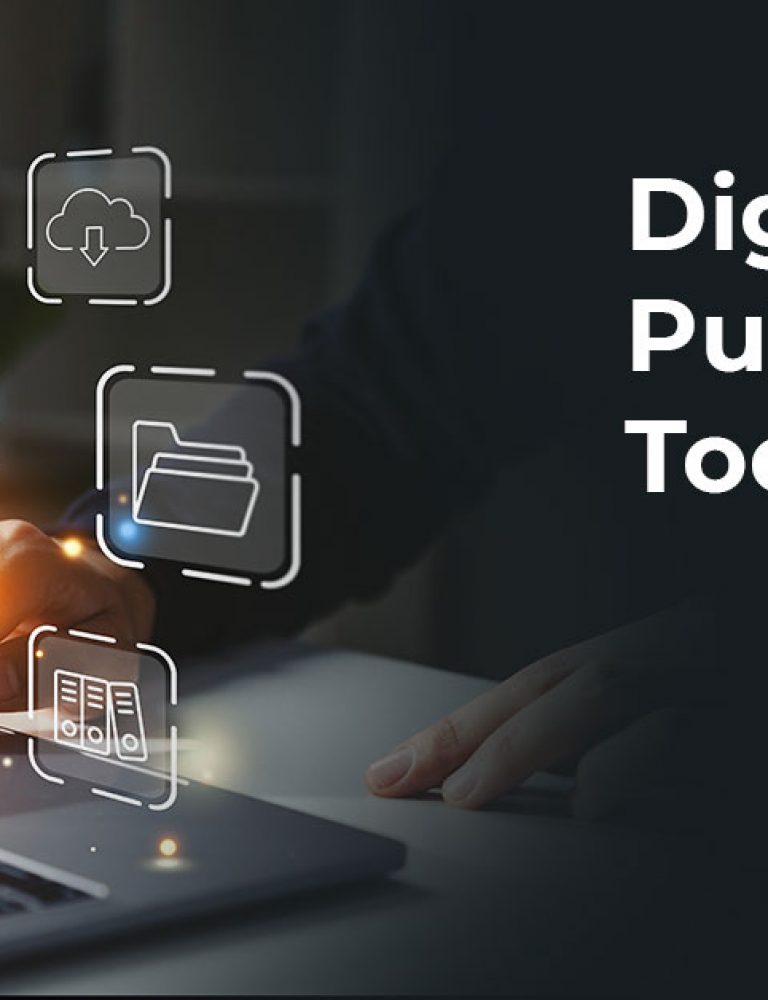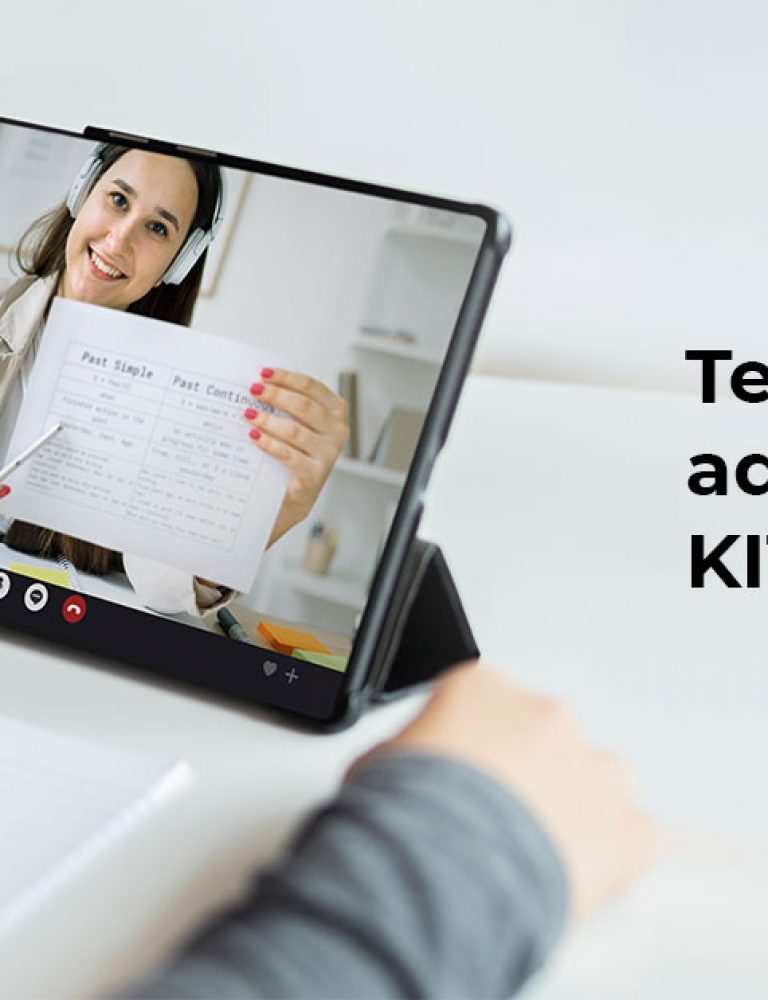In an era where technological advancements have taken center stage in almost every aspect of our lives, the education sector is no different. Technology has revolutionized our teaching and learning, from online learning platforms to interactive virtual classrooms. However, the most profound impact of this digital transformation is the potential for creating a more equitable K12 education system.
During past years, access to quality education was a real hassle, especially for underprivileged students. Geographic location, limited resources, and socio-economic factors are the major hurdles causing this problem. However, digital technology has paved the way to overcome it.
This blog post will explore how digital transformations reshape K12 education and explain their immense power in promoting equity in our schools.
Table of Contents
1. The Challenges of Educational Equity in K12
2. Bridging the Gap
3. Personalized Learning: Customizing Education to Individual Needs
4. Beyond Access: Leveraging Technology for Enhanced Learning Outcomes
5. Virtual Classrooms: Expanding Educational Opportunities
6. Closing the Achievement Gap: Using Data and Analytics
7. Empowering Teachers: Supporting Professional Development
8. The Future of Digital Transformations in K12 Education
9. Conclusion
The Challenges of Educational Equity in K12 Education
Several challenges need to be addressed when it comes to achieving educational equity in K12 education. One of the main obstacles is the digital divide that exists among students. Many students from disadvantaged backgrounds do not have access to reliable internet connections or necessary technology, hindering their ability to participate fully in online learning. This creates a stark inequality in educational opportunities.
Another challenge is the lack of resources and funding in schools serving disadvantaged communities. These schools often struggle to provide adequate support services, such as special education programs or extracurricular activities. This further widens the gap between students from different socio-economic backgrounds.
Bridging the Gap
To overcome these challenges, digital transformations in K12 education are crucial. By implementing technology in classrooms and providing equal access to digital resources, students from all backgrounds can have an equal chance to succeed.
Additionally, increased funding and resources for schools in disadvantaged areas can help level the playing field and ensure every student receives a quality education.
Personalized Learning: Customizing Education to Individual Needs
Personalized learning is a transformative approach to education that aims to customize instruction to meet each student’s unique needs and interests. By leveraging digital technologies and embracing digital transformations, K12 education can revolutionize students’ learning and ensure equity for all.
Digital transformations can bridge the gap in educational opportunities and create a level playing field for students from diverse backgrounds. By providing access to online resources, virtual classrooms, and interactive learning platforms, digital technologies enable students to engage with educational content in a personalized and meaningful way.
In a personalized learning environment, students have the freedom to learn at their own pace and explore topics that align with their interests. This individualized approach allows educators to identify and address the specific learning needs of each student, nurturing a deeper understanding and mastery of the subject matter.
Furthermore, personalized learning empowers students to take ownership of their education. Students develop critical thinking skills, problem-solving abilities, and self-confidence by actively participating in their learning journey. They become active learners with the skills to succeed in an ever-changing digital world.
Beyond Access: Leveraging Technology for Enhanced Learning Outcomes
Digital transformations have emerged as a powerful tool for achieving equity and enhancing learning outcomes. Beyond mere access to technology, leveraging technology effectively has become crucial in creating fair chances for all students.
Through digital transformations, schools can bridge the gap between disadvantaged students and their peers. Students from low-income backgrounds can now have the same opportunities as their wealthier counterparts by providing access to digital resources, such as online textbooks and educational apps. This, in turn, promotes equity in education and ensures that no student is left behind.
Moreover, technology allows personalized learning experiences tailored to each student’s needs and learning pace. Adaptive learning platforms, for example, can provide targeted instruction and remediation, ensuring students receive the support they need to succeed. This individualized approach improves learning outcomes and fosters a sense of confidence and motivation among students.
KITABOO’s interactive features, like quizzes, simulations, and multimedia elements, transform passive learning into active exploration.
Virtual Classrooms: Expanding Educational Opportunities
Virtual classrooms have emerged as a powerful tool for expanding educational opportunities beyond physical boundaries. With digital transformations in K12 education, virtual classrooms have become a key component in ensuring equity in education.
Through virtual classrooms, students can access high-quality education regardless of their geographical location or socio-economic background. This enables students from underserved communities to receive the same level of education as in more privileged areas.
By breaking down physical barriers, virtual classrooms provide equal access to educational resources, eliminating the disadvantages students face in remote areas or those with limited resources. Through online learning platforms, students can engage in real-time discussions, collaborate with peers, and access educational materials at their own pace.
Closing the Achievement Gap: Using Data and Analytics
Digital transformations have revolutionized the way we approach education. With the development of technology, educators now have access to vast amounts of data that can provide valuable insights into student performance, engagement, and learning outcomes. By harnessing this data, schools can identify patterns, trends, and areas of improvement, ultimately leading to more equitable educational opportunities for all students.
Educators can pinpoint achievement gaps across different student populations through data and analytics. By disaggregating data based on race, ethnicity, socio-economic status, and language proficiency, schools can identify disparities and implement targeted interventions to address them. This data-driven approach ensures that resources and support are allocated where needed, narrowing the achievement gap and fostering a more equitable learning environment.
Furthermore, data and analytics empower educators to personalize instructions based on individual student needs. By analyzing student performance and progress data, teachers can tailor their teaching strategies, identify areas of strength and weakness, and provide targeted interventions and support.
Empowering Teachers: Supporting Professional Development
Digital innovations provide teachers with a vast arrangement of tools and resources that can enhance their teaching practices. From online learning platforms to educational apps and interactive digital content, teachers can access a wealth of resources to create engaging and personalized learning experiences for their students.
Technology can bridge the gap between learning styles, abilities, and backgrounds. Teachers can ensure that every student has an equal opportunity to succeed by providing access to digital resources and tools.
Additionally, digital innovations offer opportunities for teachers to collaborate and share best practices with their peers. Online communities and professional networks enable educators to connect, exchange ideas, and learn from each other. This collaboration promotes continuous professional growth and supports teachers in staying updated with the latest educational practices and research.
The Future of Digital Transformations in K12 Education
Digital transformations are making K12 education more equitable by providing access to technology and personalized learning opportunities for all students. By digitalizing the learning experience, teachers and students can improve their skills to create a more engaging and effective learning environment.
Digital transformation leads to a new learner-centered approach that accelerates learning, addresses historic inequities, and helps close historic learning gaps that can transform K12 education.
On a short note, KITABOO actively promotes open educational resources (OERs), making high-quality learning materials freely available to all.
Conclusion
Digital transformations have the potential to revolutionize K12 education, creating opportunities for equity and inclusivity. By harnessing the power of technology, schools can bridge the gap between privileged and underserved students, ensuring that everyone has access to quality education.
Education providers can leverage the power of KITABOO, a cloud-based digital textbook platform, to transform the educational landscape.
Want to strike up a conversation? Connect with us KITABOO@hurix.com
Discover How An Ebook Conversion, Publishing & Distribution Platform Can Help You
Kitaboo is a cloud-based content platform to create-publish & securely distribute interactive mobile-ready ebooks.
You May Also Like








